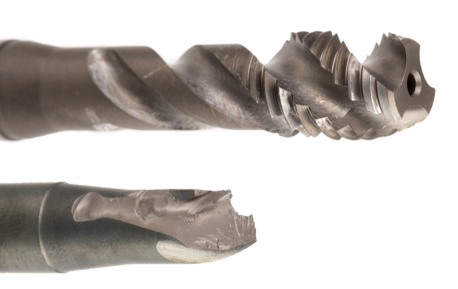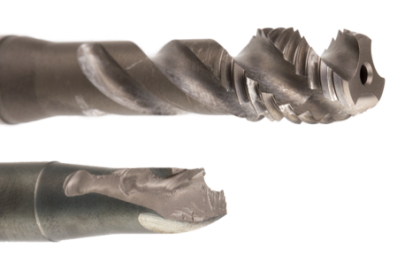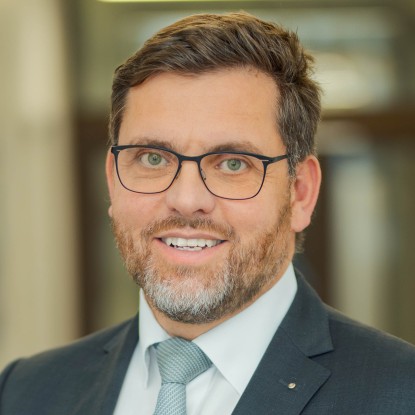Like the process chain drilling/reaming, which was analysed in the previous funding periods, threading is a two-staged pro-cess at the end of the production chain. Critical process errors must be avoided since they cause the rejec-tion of components. For this purpose passive and active methods are used, which are based on simulation models from previous funding periods which are still in development. This development concerns the tool layer and the machine layer. As a result, work piece quality can be guaranteed despite occurring disturb-ances in the manufacturing process.
Motivation

Previous research activities on the modeling of tapping processes leave uncertainty completely unaware or focus only on the prediction of the change in process forces as a result of occurring uncertainty. However, methods for the real-time detection of disturbances during the process and possibilities for the implementation of appropriate measures for the control of the occurring uncertainty have not yet been pursued so far.
Aim
The aim of the subproject is to adapt the already developed models and methods from the reaming process to the tapping process and expand them accordingly. The gained process understanding is intended to enable the implementation of a resilient tapping process which will be able to control the occurring uncertainty during tapping.
Approach
The following measures are taken to control uncertainty in tapping during the third funding period:
- Extension of the existing simulation model for the description of the chip cross-section and the occurring process forces
- Analysis of the influence of different types of structural uncertainty on the tapping process
- Integration of sensors into the tools or the tool holder to identify any deviations from the ideal tapping process
- Derive robust processing strategies to minimize the impact of uncertainty
- Development of a learning process control for a resilient tapping process
Subproject Managers
| Photo | Name |
|---|---|
|
A
| Prof. Dr.-Ing. Eberhard Abele |






